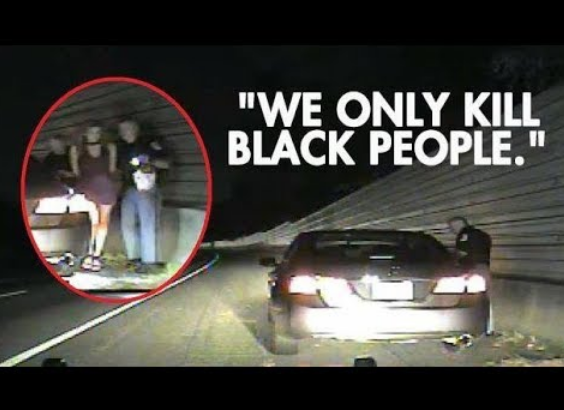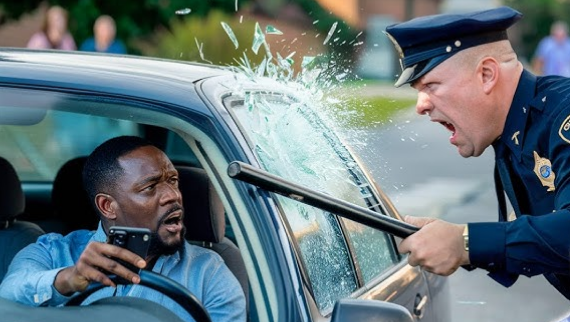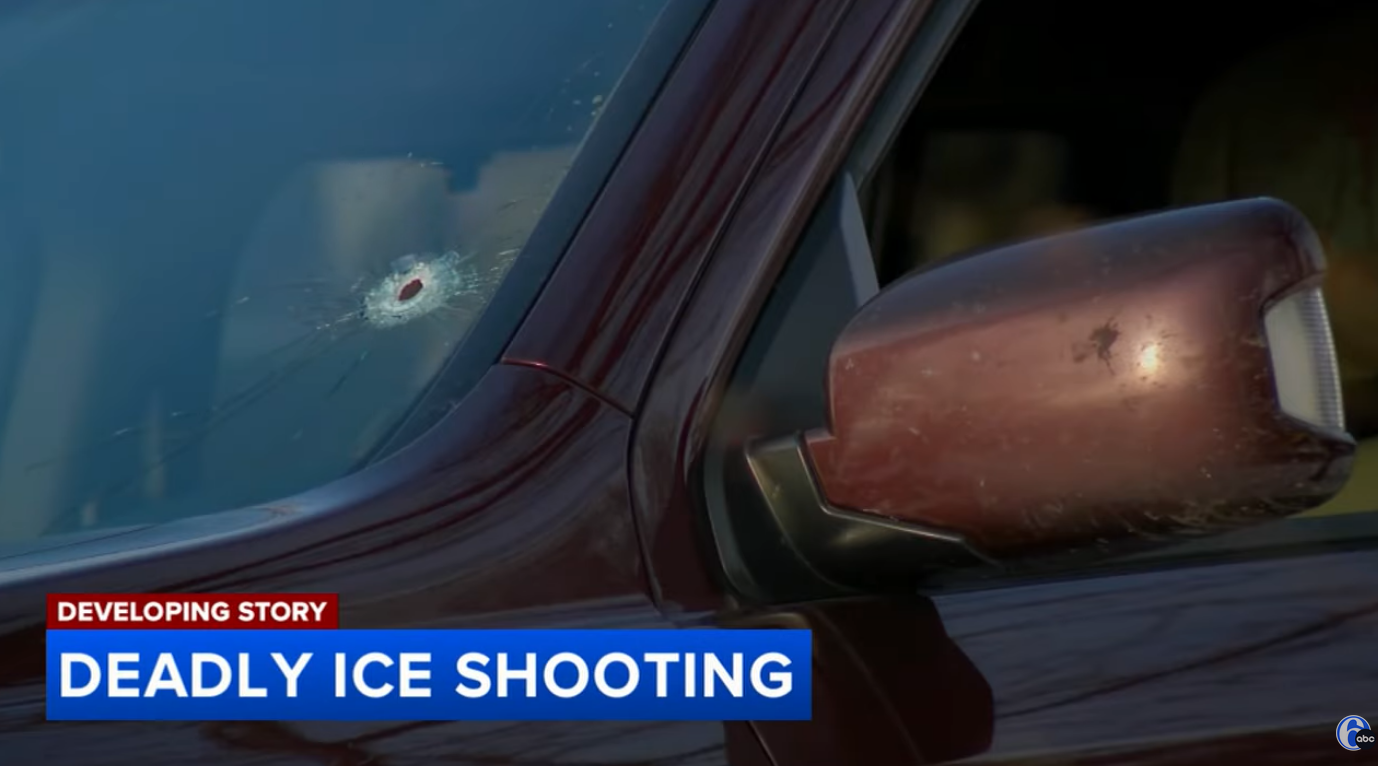By Center For Policing Equity
Photos: Twitter\YouTube Screenshots
The Center for Policing Equity (CPE) announces the publication of a new white paper titled “Compounding Anti-Black Racial Disparities in Police Stops.” This paper provides an overview of racial disparities in the multiple decisions police officers make when interacting with the public during vehicle stops. More specifically, the white paper maps how racial disparities during traffic stops increase the risks of harm for Black drivers at subsequent decision points throughout the encounter and that these traffic stops serve no public safety or crime reduction purpose.
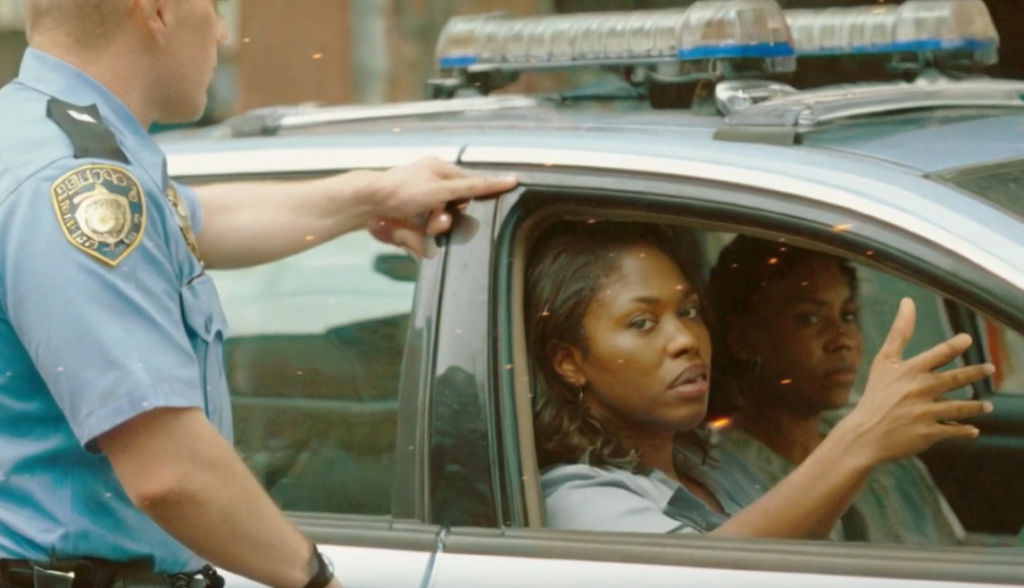
“Decades of research shows that Black people disproportionately bear the brunt of policing in the United States,” said the paper’s author Matthew A. Graham, Senior Data Analyst at CPE. “They’re stopped more often for pretextual, non-public-safety related reasons like expired plates, tinted windows, and broken taillights, which are exactly the types of stops that are much more likely to result in a search, so Black people are therefore searched more. Being subjected to a discretionary search makes use of force 14 times more likely, so the elevated search rate of Black people increases their risk of physical harm from police.”
Drawing from dozens of Justice Navigator Assessments — reports produced by CPE that analyze data from various law enforcement agencies — the report affirms long-standing findings on racial disparities in policing and shows how such disparities at earlier stages of a police stop compound disparities in later stages of the stop and beyond.
“These disparities are not innocuous,” said Mr. Graham. “Even if the person is not charged, research has shown that contact with the police can drive delinquent behavior among youths and reduce engagement with educational, financial, and vocational institutions; lead to physical and mental health issues; and reduce a person’s willingness to cooperate with police or the judicial system in other matters. It also doesn’t make communities safer — recent research shows that ending the types of low-level stops that precipitate many of these encounters has no effect on overall crime or public safety measures.”
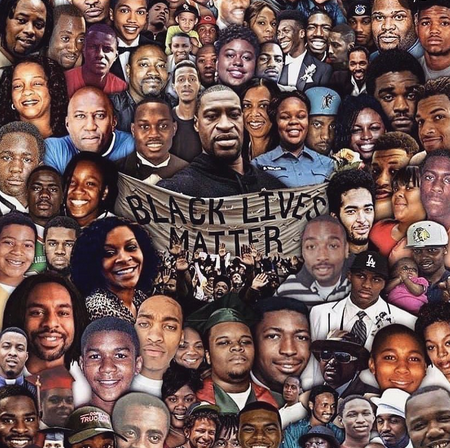
Key takeaways from the Compounding Anti-Black Racial Disparities in Police Stops white paper also illustrate how racial disparities in traffic stops do not appear to support or be justified by any clear public safety needs:
- Police stop Black drivers at disproportionately high rates relative to White drivers, and more often do so for non-safety-related or pretextual reasons.
- Police search Black people more often than White people once stopped, and more often do so without probable cause.
- Anti-Black disparities in stops and searches, driven by non-safety-related or pretextual stops, compound to further exacerbate disparities in use of force and other negative outcomes.
- Disparate stop and search rates are not justified by any apparent public safety needs or differences in criminality between Black and White drivers.
- Disparate and unnecessary police contact harms communities’ well-being and public safety.
- Deprioritizing or restricting non-safety-related stops can reduce disparities and overall harm while supporting public safety.
The white paper and corresponding summary can be found on the CPE website. Learn more about CPE’s Justice Navigator Assessments and our work with law enforcement agencies on our website.
